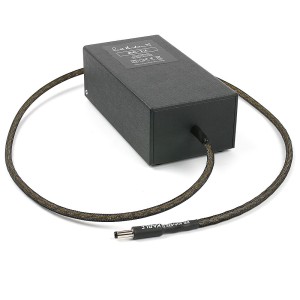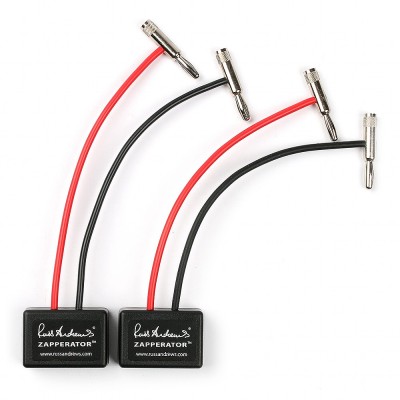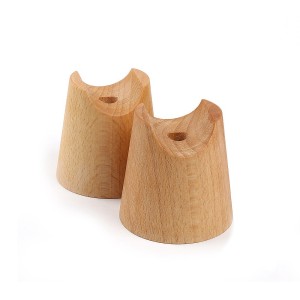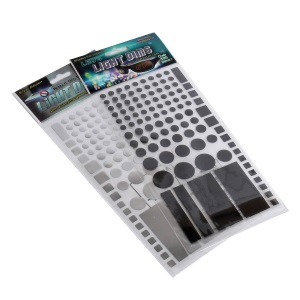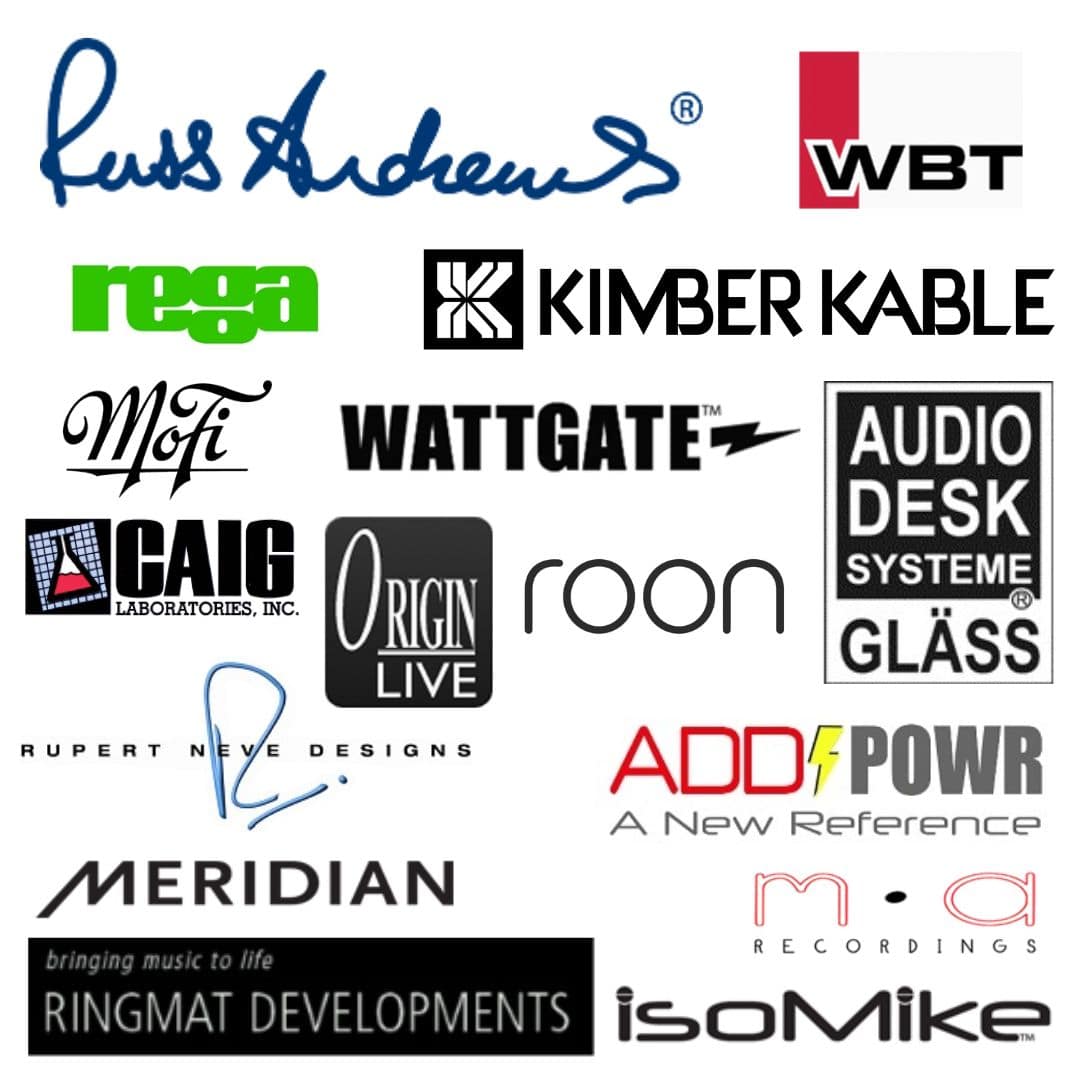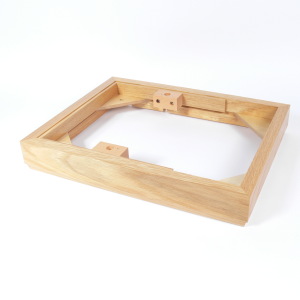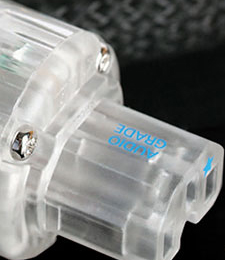Free tips to improve your Hi-Fi
Thursday, 30th July 2020
Simon Dalton takes a look at some ways to improve the performance of your Hi-Fi or Home Cinema for little or no cost.
Turntables.
Level it. Checking that your turntable is level is one of the quickest and easiest ways to improve the sound as this affects all other parameters such as tracking, anti-skating and cartridge alignment. Don’t forget to check this on both planes; front to back and side to side. If you already own a small spirit level, this should be fine. Ifnot, we can supply a set of two tiny Bubble Levels here.
 Don’t forget that it’s not just turntables which will benefit from being level: this is important for any optical disc player too, such as CD, DVD or Blu-ray. If the component is not level, its performance can be negatively affected by the laser struggling to track the disc correctly.
Don’t forget that it’s not just turntables which will benefit from being level: this is important for any optical disc player too, such as CD, DVD or Blu-ray. If the component is not level, its performance can be negatively affected by the laser struggling to track the disc correctly. Click here to see our range of turntable accessories.
Optical Discs.
 Keep your laser clean. Whilst we’re on the topic of optical discs, keep in mind that the harder it is for the machine’s laser to read the disc, the more it has to use error correction to compensate and this can create a more artificial sound or picture.
Keep your laser clean. Whilst we’re on the topic of optical discs, keep in mind that the harder it is for the machine’s laser to read the disc, the more it has to use error correction to compensate and this can create a more artificial sound or picture.One way to minimise reading errors or problems is to ensure the laser and is as clean as possible. This isn’t a free option as you’ll need a CD lens cleaner to do the job safely and effectively, but it won’t break the bank. Allsop Pro Lens Cleaner is our prefered choice. We also have specialist DVD and Blu-ray lens cleaners available.
Keep your optical discs clean too. The optical disc itself can also affect error correction. Again, ensuring the disc is as clean aspossible is advisable. This can be done with something as simple as a clean microfibre cloth used in a linear direction from the centre of the disc outwards, to remove fingerprints and dust. Our ReeVeel & ReleeS products provide an even deeper clean and remove mould release agent from the manufacturing process, ensuring the laser is less impeded.
 Another way to improve disc-read. One element that can affect disc-read is light from the laser being reflected and scattered over the disc and there is a simple and free way to help reduce this. Get yourself a black marker pen - preferably one with a flat edge. Run the pen around the edge of the disc two or three times to make sure there's a solid black coat. Pop it back into the player and compare the difference!
Another way to improve disc-read. One element that can affect disc-read is light from the laser being reflected and scattered over the disc and there is a simple and free way to help reduce this. Get yourself a black marker pen - preferably one with a flat edge. Run the pen around the edge of the disc two or three times to make sure there's a solid black coat. Pop it back into the player and compare the difference!All of these treatments are worthwhile trying on both audio and video media as both sound an picture quality can be affected.
Room Acoustics.
Room acoustics can have a huge impact on the sound of your system and we could fill a whole issue of Connected going over the various issues. Here are one or two key things to think about.
Experiment with the placement of your speakers in the room. The best position for a loudspeaker will vary, sometimes dramatically, from room to room, so it’s well worth experimenting with different positions. Sometimes, even moving your speakers forwards or backwards a couple of inches can transform the sound.
Remember too that sound travels in waves from the speaker to the listener so if you’re sitting in a low frequency wave ‘dip’, you may have little or no bass. Moving the position of your listening seat or the speakers could transform this.

Is your room too lively? Some rooms, especially in modern houses, can sound too bright and lively and this can be very fatiguing. Hard floors, glass and bare plastered walls are common culprits. The use of carpets, rugs, bookshelves, wall-hangings and soft furnishings (preferably in natural materials such as wool and cotton) will all help.
As a general rule, try to keep the end of the room where your Hi-Fi is situated more damped than the listening end. This will minimise reflections whilst creating more of a feeling of space and excitement to the music. Beware of overdamping though, as it’s easy to go the other way and produce a closed-in, claustrophobic sound.
Keep your speakers as wide apart as you can - don’t worry, you won’t have a ‘hole’ in the middle of the soundstage and it will sound more expansive and three-dimensional.
Click here to read our extended article on room acoustics.
Connections.
 Swap round your Figure-8. More pieces of equipment are now supplied with a 'figure-8' IEC socket rather than the 3-pin, kettle type. Unlike a standard IEC, the figure-8 has no earth, so the cable can be fitted 2 ways - with correct polarity (live to live, neutral to neutral) or in reverse polarity (live to neutral, neutral to live). On most occasions you will find that you get better performance one way round rather than the other, so give it a go with both and listen for the difference.
Swap round your Figure-8. More pieces of equipment are now supplied with a 'figure-8' IEC socket rather than the 3-pin, kettle type. Unlike a standard IEC, the figure-8 has no earth, so the cable can be fitted 2 ways - with correct polarity (live to live, neutral to neutral) or in reverse polarity (live to neutral, neutral to live). On most occasions you will find that you get better performance one way round rather than the other, so give it a go with both and listen for the difference.Click here to see our range of Fig-8 mains cables.
 Give them a clean. Most terminations tarnish over time and this can have quite a dramatic degrading effect on both sound and TV picture quality. Clean all your connections on a regular basis - four times a year is ideal if you can but twice a year as a minimum.
Give them a clean. Most terminations tarnish over time and this can have quite a dramatic degrading effect on both sound and TV picture quality. Clean all your connections on a regular basis - four times a year is ideal if you can but twice a year as a minimum.This includes 'the usual suspects' such as speaker cable banana plugs, interconnect terminations and binding posts, but don't forget your mains plug and IEC pins. There are a number of products available to do this, but we recommend the DeoxIT® range, as they not only clean but also resist oxidation of the connections after cleaning.
Click here to find out more about how to use DeoxIT®.
Check your house earthing. One of the most fundamental improvements you can bring to your system, and ensure your own safety(!), is to check the earthing connections in your house. Providing a good, clean earth can bring rewards such as a cleaner, deeper bass and a more stable soundstage, so a little effort can really be worthwhile. In addition, it’s a good ‘all round’ problem solver because many noise problems commonly experienced with Hi-Fi systems, such as hum, can be alleviated by good earthing.
Experiment!
If you’ve tried any of these tips, you may have been taken aback by the level of improvement they brought. That’s not surprising, because we’ve all been told for years that the only way to improve your sound is to spend money on hardware: buy a more powerful amp; upgrade your source, etc. I’m not saying that won’t work, but it’s not the only way.
Everything counts. For instance, if you heard an improvement just by cleaning the pins of your mains plug, that’s showed you that the quality of your mains feed can make a difference, so it may be worth trying something to improve it. And remember, it doesn‘t have to cost a lot. Every improvement is worthwhile.
Written By Simon Dalton
Comments
reviewed by Doc Zoff
29 Jan 2022
reviewed by Nick Funnell
20 Jul 2021
1) Over time, speaker cabinet wood/veneer dries out and can badly effect sound quality. Wood Silk (about £1.50 a can) is an excellent product to 'moisturise' the wood and alleviate this issue.
2) Gas cooker 'sparkers' quickly get dirty and can reduce mains clarity. Sacrifice a cheap toothbrush to apply some DeoxIT and you may find immediate sound improvements.
Cheers
Nick
Thanks for comments, great tips!












